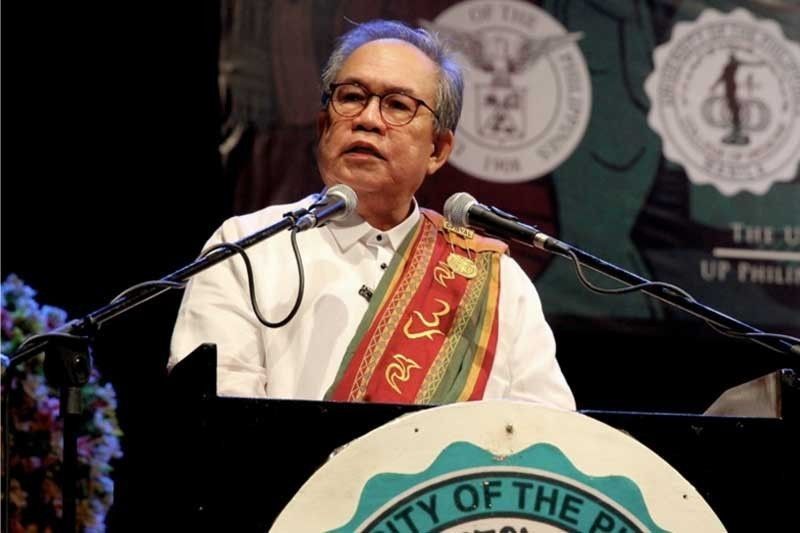Criticizing government not a crime – academic leaders

MANILA, Philippines — Members of the academe and artistic community slammed state security forces yesterday following the release of unverified information linking several tertiary institutions to the so-called Red October plot meant to destabilize the administration and oust President Duterte.
Jose Dalisay Jr., vice president for public affairs of the University of the Philippines, also scored Philippine National Police chief Director General Oscar Albayalde for threatening to file charges against “anti-government” professors.
“Let them file cases if they want to. Criticizing government or other institutions is not a crime,” Dalisay told The STAR. “Universities have a constitutional right to academic freedom and will exercise and defend that right on behalf of its faculty and students.”
Meanwhile, Ateneo de Manila University (ADMU) president Jose Ramon Villarin said providing independent assessments and critiques of societal institutions and the state of governance in the country is a role that academe is expected to play.
“As an academic institution, the Ateneo will not shirk from its mission to holistically educate our youth in proper history and ethics, particularly on the matter of martial law and its impact on Philippine society,” Villarin said.
“We will persist in encouraging our faculty and students to think critically, exercise academic freedom in search of the truth and speak truth to power, so that the Ateneo continues to contribute to the attainment of a more vibrant democracy,” he added.
Villarin also maintained that Ateneo has a well-established and long-standing support for democratic institutions and evidence-based reforms in the public sector.
Earlier, De La Salle University president Armin Luistro criticized the military for releasing the list instead of communicating first with school officials.
University of Santo Tomas secretary general Jesus Miranda, in a report by student publication Varsitarian, said the Armed Forces of the Philippines (AFP) should first provide proof of its claims.
The so-called “Big Four” were among the 18 schools tagged by the AFP as supposedly being used as recruitment grounds by the Communist Party of the Philippines (CPP).
The military earlier claimed that the communists are trying to incite students to rebel against the government through film showings about martial law.
Several groups, including the Commission on Human Rights, said film showings about factual and historical events should not be seen as subversive.
Faced with criticisms and denials from universities, AFP chief of staff Gen. Carlito Galvez later clarified that the list has yet to be verified, saying it came from documents purportedly confiscated from communists.
For his part, Albayalde said charges may be filed against professors who incite students to rebel against the government.
Albayalde also castigated students in state universities who are critical of the administration, claiming that they are given free education by the government.
State-funded higher education institutions are funded by taxpayers’ money.
On social media, former solicitor general and UP law professor Florin Hilbay stressed that the goal of education, whether free or not, is to develop critical thinking.
“Students don’t owe government; they get free education from Filipinos who pay taxes. Students learning to criticize government for incompetence, corruption, inefficiency is wonderful use of public funds,” he said.
“It’s the sacred obligation of every teacher to promote the discipline of critical thinking, truth-telling and regard for others. They are values under attack in a world of disinformation,” he added.
- Latest
- Trending

























